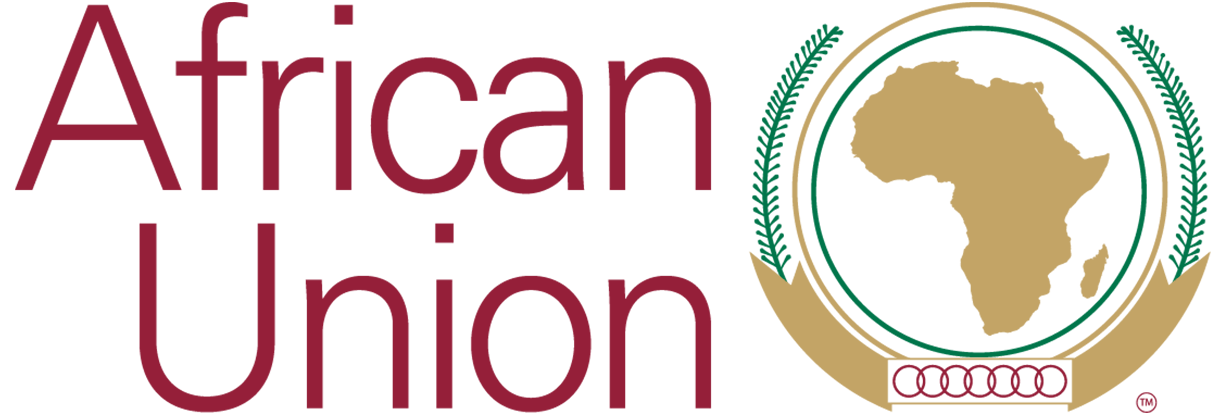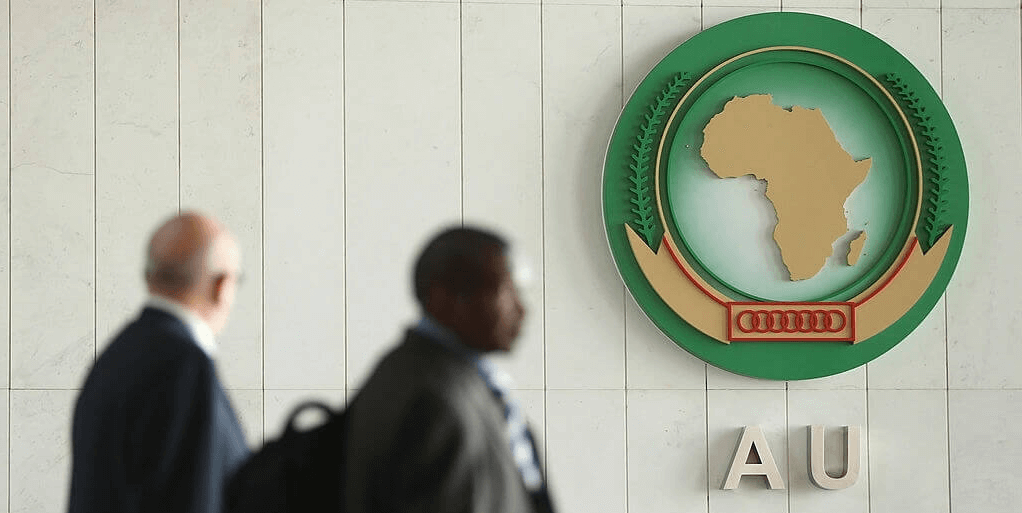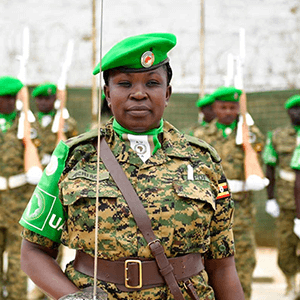The most comprehensive and up-to-date source of information about African Member States’ efforts towards Gender Equality and Women’s Empowerment.
Regional Integration
Strengthening linkages between the African Union Commission, Member States, Regional Economic Communities, African Union Organs, Partners & Civil Society Organizations.
Background
Despite commendable progress that the African region has made in data collection, analysis, dissemination, and utilization, there is generally a weak monitoring and reporting trend across all AU member states. The continent abounds with frameworks to implement global commitments aimed at promoting women’s human rights, however, limited reporting on the progress of these commitments has been noted. Limited capacity amongst institutions responsible for monitoring and reporting has been identified as a major constraint. As a result, accountability for the implementation of GEWE and women’s rights commitments through regional and continental mechanisms could not be strengthened.
As such the African Union Gender Observatory (AUGO) will benefit all the key stakeholders mentioned above, guide policy-makers and programme designers to track, assess and develop timely gender analysis, which will support more effective and equitable response plans and actions.
Establishment of Gender Observatories
As part of efforts to promote Gender Equality and Women Empowerment, the Beijing Platform for Action (BPfA) suggested the establishment of Gender Observatories by each country. These are technical centers as well as political and advocacy spaces that aim to facilitate networking and learning especially through a mechanism of information dissemination and outreach. Gender Observatories also serve as a mechanism to monitor gender equality and the advancement of women’s rights. They are aimed at creating a data and knowledge base that allows multisector stakeholders to monitor progress and challenges of advancing women’s rights in Africa. In this regard, following the commitments under the BPfA, the African Union Commission set up the Gender Observatory to compile national data and provide a continental and regional perspective on the status of women.
The opportunity brought by the AUC Gender Scorecard provides a valuable entry point to data analysis, high-level ownership on gender reporting, and provides a window of opportunity for greater decision-making towards the achievement of gender equality and women’s empowerment in the region by collating gender-based data in line with the theme of the year as agreed at each annual African Union Summit.







